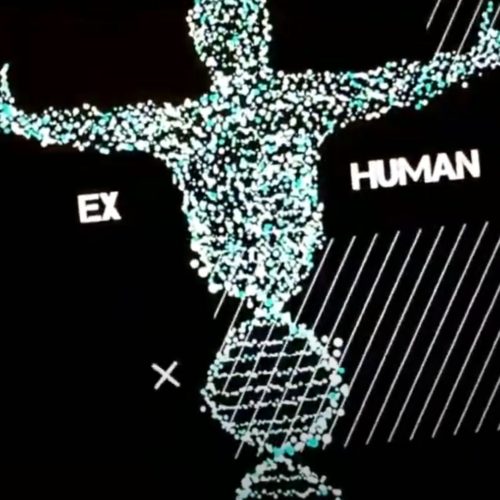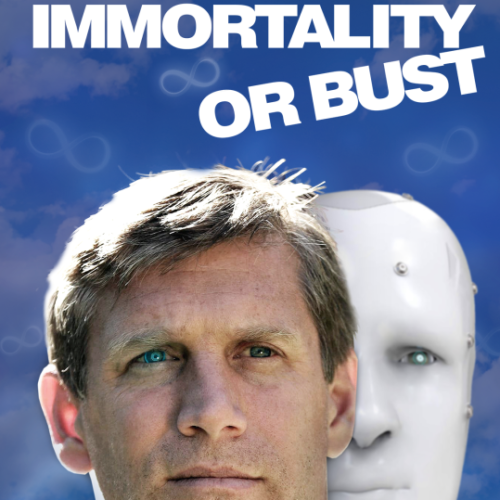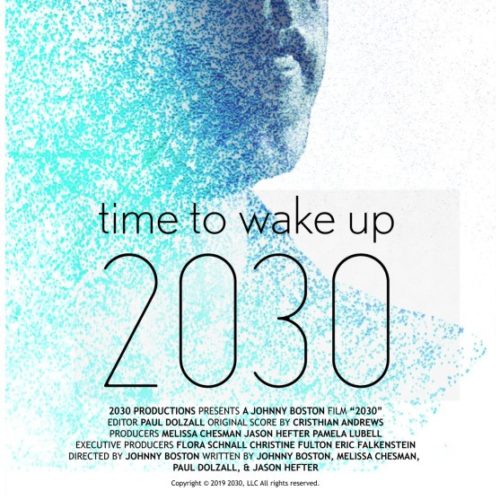Ultimate Constraint and the Probability of Singularity
Charles Edward Culpepper / Op Ed
Posted on: September 1, 2015 / Last Modified: September 1, 2015
There is a hypothesis by Theodore Modis, (1943-Living), that we can expect the rate of technological progress to begin slowing soon, because contrary to Ray Kurzweil (1948-Living), and ilk, technological progress is not exponential, it is logistical. It is Malthusian growth – named for Thomas Robert Malthus (1766-1834) – whose essay, An Essay on the Principle of Population (1798), concluded that exponential population growth inevitably leads to a Malthusian catastrophe, where demand outpaces resources and population collapses.
Modis argues that the exponential growth in technology is a fallacy and that the true nature of the growth is logistic.
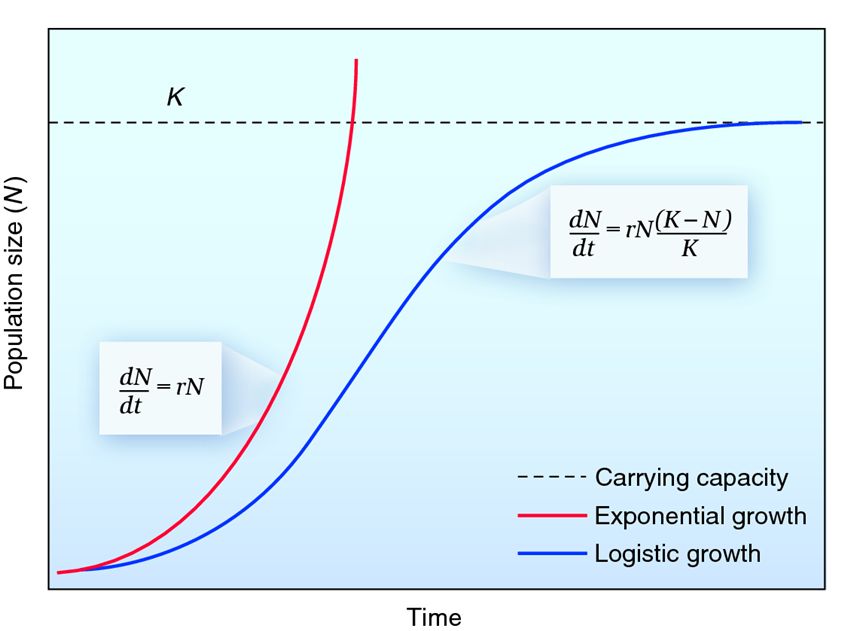
The hypothesis stands on two arguments:
Argument one, is that exponential and logistical growth initially correlate well, but eventually diverge from each other. The logistical growth hypothesis supports the belief that we have lived through a period of exponential growth. This analysis rests on extremely solid mathematics and science. The empirical evidence for exponential technological growth is compellingly captured in the exponential charts of Ray Kurzweil.
Argument two, is that the predominant pattern in nature is logistic not exponential. There is an enormous number of scientific charts supporting the observation that logistical growth is the norm in nature. Theodore Modis has cataloged the history of the universe, by synthesizing conclusions of twelve respected sources, plus himself, for a total of thirteen sources, T. Modis, Technological Forecasting & Social Change, 69, No 4 (2002). His synthesis is conveyed in a chart composed of what Modis refers to as “Canonical Milestones,” plotted against time. By applying logistical analysis to this chart Modis estimates we reached the apex of a technological, logistical curve around 1990.
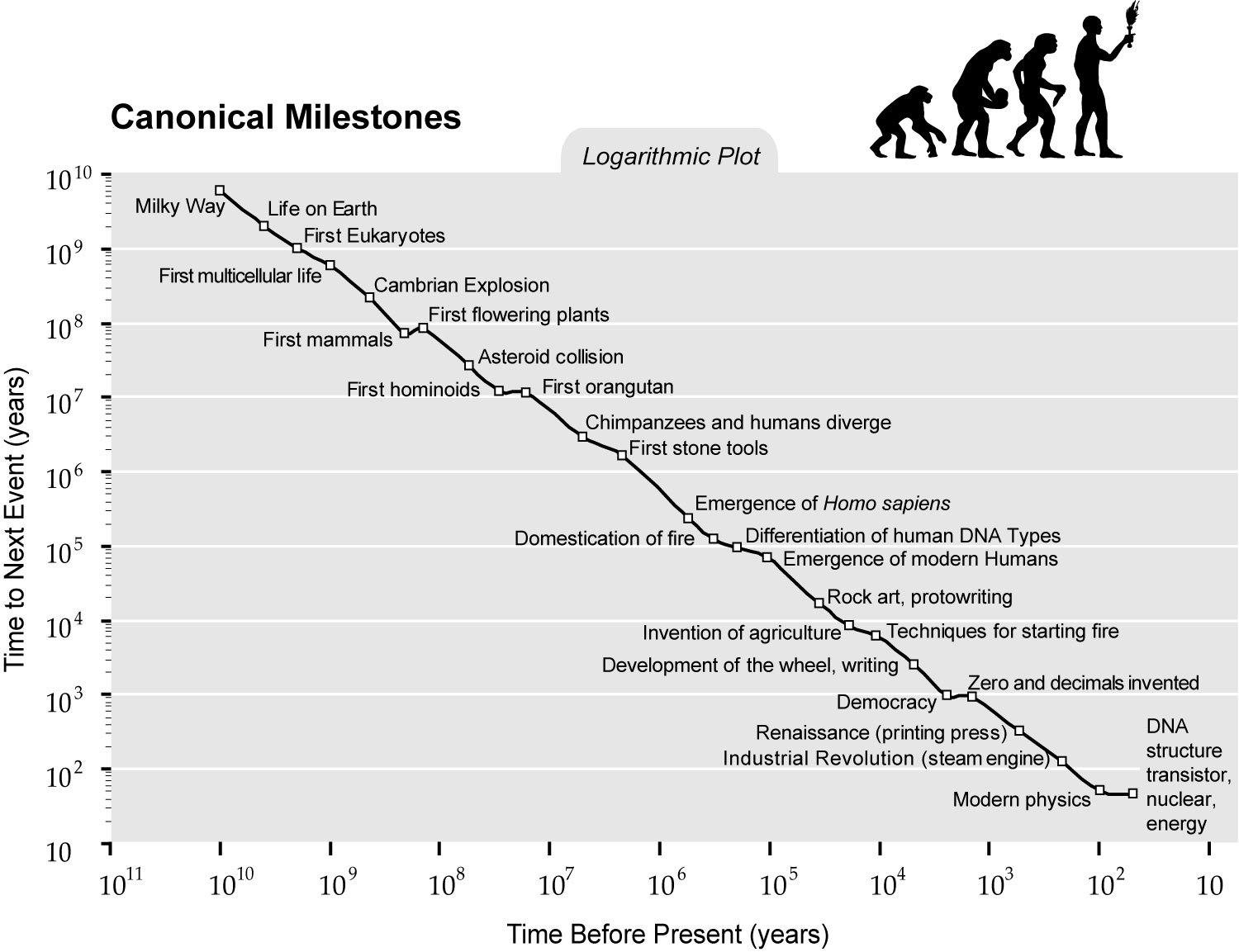
Critics of Kurzweil regard his exponential optimism as euphoric utopian fantasy, at best; or as silly lunatic fringe mentality gone rabid, at worse. Admittedly, some of his supporters might be characterized as star struck fans, idolizing him as an intellectual rock star; while they engage in undisciplined reason, best characterized as rearrangement of prejudice, rather than reasoning. They decide facts via emotion and torture the data mercilessly until it capitulates to their zealotry.
Critics of Modis are sparse and/or quiet. He is not idolized, he is more or less ignored. Unjustifiably I would say. His counterargument to exponential growth is sober, well thought out and mathematically sound. People can dispute the solidity of his canonical milestones, or the “experts” used as their source; but it is not reasonable to treat Modis a howling member of the anti-Frankenstein mob – he is not. His argument and methodology is cogent, valid and well formulated.
Then should we care about a singularity? Only if we are in the habit of eating, or have ever been sick. Because if Kurzweil is right, we are on the cusp of a singularity; but if Modis is right, we are already in an economic gauntlet.
Soon, all human life will become much more comfortable; or much less so. The dynamism of the present does not afford the status quo. Politicians kicked the can down the road for so long that, the can, the road, their shoes and their judgment are looking extremely ragged. Disregarding details of Kurzweil and/or Modis arguments, the overarching and obvious scenarios are: dramatic change, or relative stasis. I believe the consensus, among both deep and shallow thinkers, is that continuation of present circumstances, even in the near future, is highly improbable. Those who expect the 2020s to be like today are obviously wrong.
The canonical milestones of Modis are more than plausible. The logistical nature of those milestones is overwhelmingly supported by science. What I don’t believe is that Modis is correct. The value of his conclusion is dependent upon phenomenological constraints. And he has insufficiently addressed the nature of his assumed constraints.
Fundamentally he and we should be trying to comprehend, not how nature behaves, but why it behaves as it does.. Why is nature logistical? A serious look at the Verhulst Equation, used to analyze population growth – Pierre-François Verhulst (1804-1849) – provides a clear and simple answer. The answer resides in the ‘K’ constant (resources available to the population).
Only so much food, water, air or geography is available to a population. The ‘K’ constant is the ultimate constraint in the physical world. Which begs the question, “is the technological advancement we are presently experiencing, limited to the physical world?” The answer is a resounding, no! How can this be? I’ll tell you.
Watson made underlings of Brad Rutter and Ken Jennings, the two best players in the history of Jeopardy! Unlike Deep Blue‘s take-down of Kasparov (premier human chess grandmaster), the battle field was not narrow. Victory came in competition based on very broad grounds. Tech got respect from Main Street, Tech Street and Wall Street. Big Blue got big cool ‘street cred’. It was climate change in the world of artificial intelligence. There came a moratorium on AI winter.
 Ask yourself how many versions of maps can be created to describe a single territory. And don’t limit yourself to maps that make sense, or that are sufficiently defined. Of course there is no limit to the possible number of maps, because maps are made of thoughts. The map is not the territory. The mind is not the brain. And with all due conceit I tell you, that if you can find a limit to your imagination, don’t let that convince you that there is a limit to mine, because mine has no limit.
Ask yourself how many versions of maps can be created to describe a single territory. And don’t limit yourself to maps that make sense, or that are sufficiently defined. Of course there is no limit to the possible number of maps, because maps are made of thoughts. The map is not the territory. The mind is not the brain. And with all due conceit I tell you, that if you can find a limit to your imagination, don’t let that convince you that there is a limit to mine, because mine has no limit.
It is rather obvious that 1990 represents no apex. It does not even indicate a possible horizon. A singularity is therefore, if not imminent, very difficult to argue against. It is ‘possible’ that no intelligence explosion, or singularity, will happen, but that is not a good bet.
About the Author:
 Charles Edward Culpepper, III is a Poet, Philosopher and Futurist who regards employment as a necessary nuisance…
Charles Edward Culpepper, III is a Poet, Philosopher and Futurist who regards employment as a necessary nuisance…





